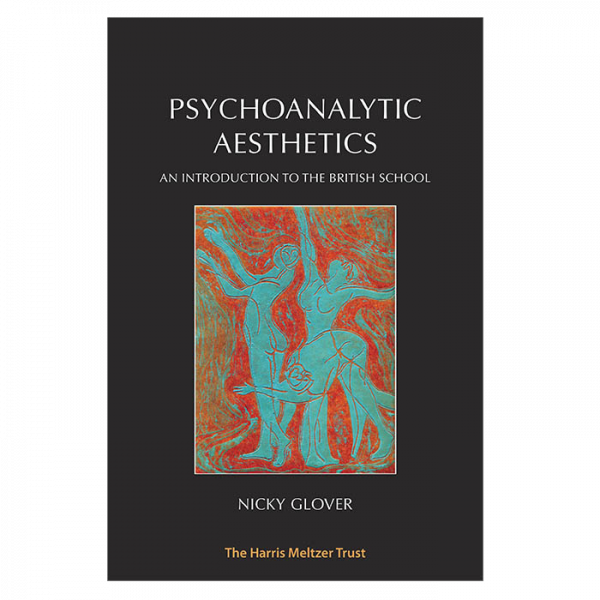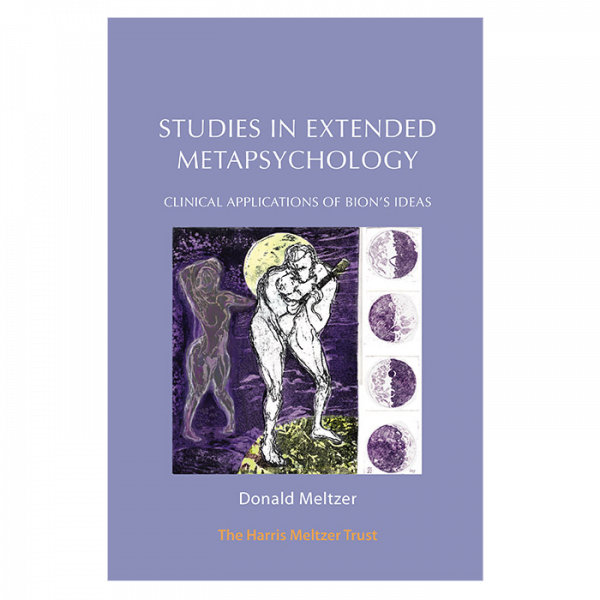A groundbreaking revision of the psychoanalytic theory of sexuality and its centrality to mental life, distinguishing between adult and infantile states of mind, and between infantile polymorphous and infantile perverse sexuality. Meltzer traces the history of the psychoanalytical theory of psychosexual development and clinical sexual psychopathology from Freud through Abraham, Klein, and Bion. Next, he presents his revision of the theory of psychosexual development, with particular emphasis on the role of the super-ego-ideal, and then views several dimensions of differentiation. Finally, some exploration into the implications and applications of this revised theory to other areas, such as politics, education, abortion, art, and law.





Virginia Ungar, psychoanalyst, Buenos Aires –
‘A ground-breaking psychoanalytic study on sexuality which maintains its originality today, forty-five years after its first publication. The book is a revision of psychoanalytic theory, starting with the work of Freud himself and including Melanie Klein’s contributions on the early Oedipus Complex and the Depressive Position. But more than that, it is a metapsychological study of sexuality which provides a different perspective from more well-known ones that relate simply to a descriptive or behavioural point of view. In differentiating adult sexuality from infantile sexuality and polymorphism and perversion, taking unconscious phantasy and the notion of the primal scene as the pivotal point, Meltzer proposes a unified theoretical and clinical model which has proved of particular help in the field of the psychopathology of addictions and perversions.’
Hugo Marquez, Maria Elena Petrilli, Mauro Rossetti (Racker Group of Venice) –
‘”Sexual States of Mind” calls for a reassessment of our entire view of human nature. Meltzer sees sexuality not as an appetite but as an aspect of identity that structures the personality, manifest in childish, adult, or perverse states of mind.’
Robert Oelsner, psychoanalyst, Seattle –
‘I know of no other work that has brought the relevance of sexuality (pivotal in Freud’s discoveries) to Kleinian analysis in such a clear an significant way, upholding its centrality in both normal development and in various forms of psychopathology. The distinction between adult and infantile sexual states of mind, and between infantile polymorphous and infantile perverse sexuality, makes a unique contribution to the clinical practice of any analyst.’